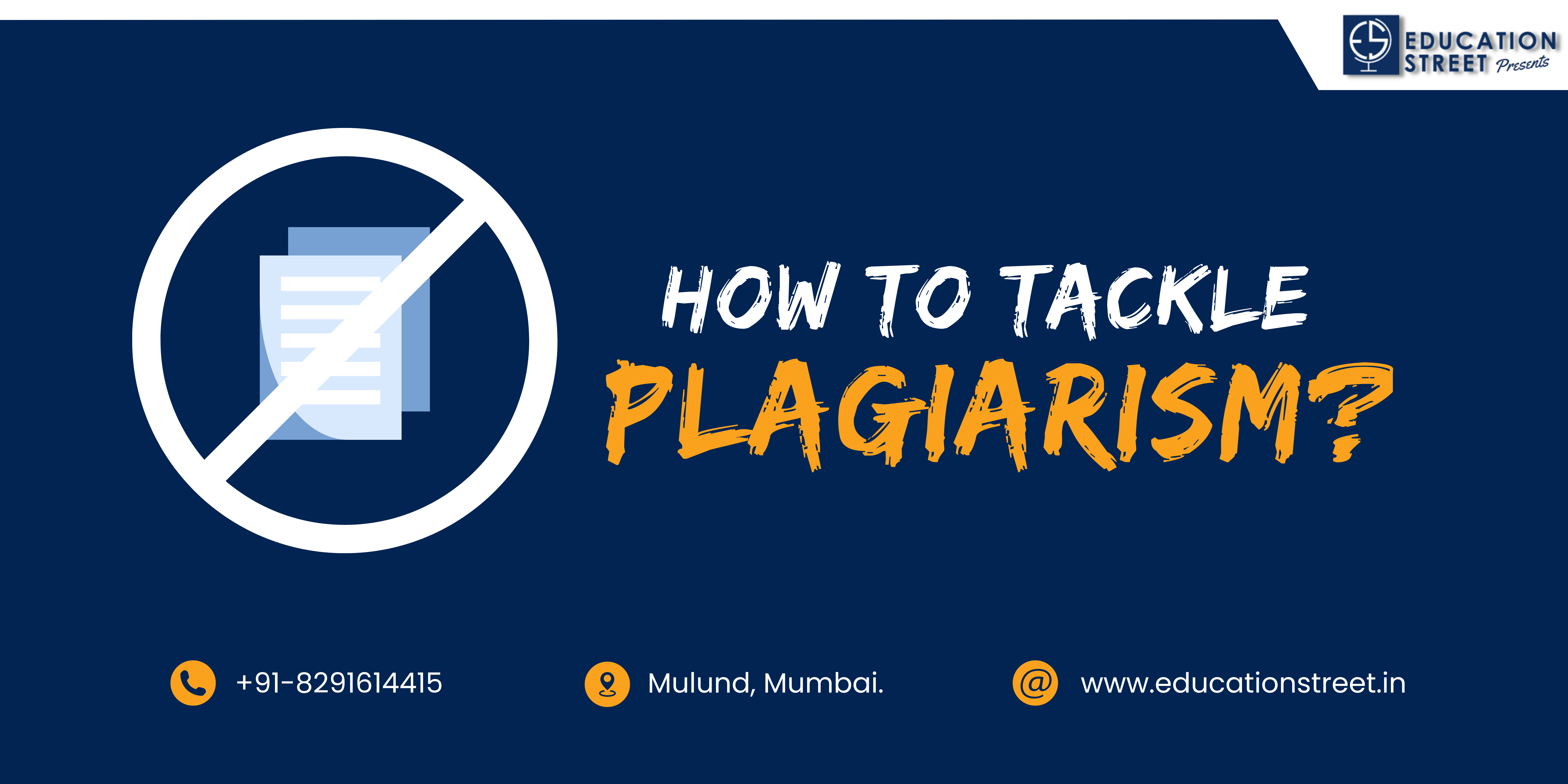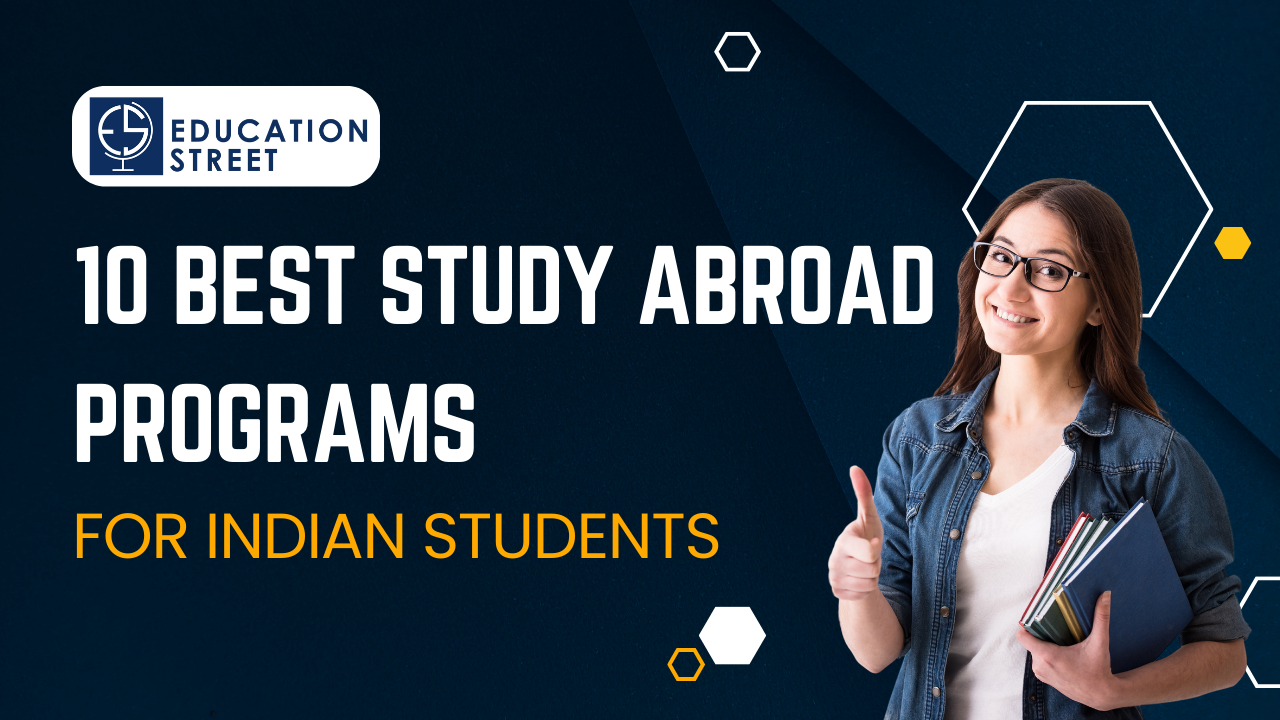
By Rishi Singh | 12 July, 2023
How To Tackle Plagiarism?
What is Plagiarism?
According to the University of Oxford, Plagiarism is “Presenting work or ideas from another source as your own, with or without consent of the original author, by incorporating it into your work without full acknowledgment.” In simple words, Plagiarism is copying data without you letting the author know that you will use the data.
Why is Plagiarism a challenge for international students?
Plagiarism can pose a challenge for international students due to many reasons:
a). Language Barrier- Many students face language barriers when they study in a foreign country. If English or another language is not their native language, they may find it more challenging to express themselves clearly and effectively in writing. All this can lead to a higher risk of unintentional plagiarism, such as incorrect paraphrasing or improper citation, as the students can find difficultly to use the right words or sentence structures.
b). Differences in academia- Academic citation and paraphrasing differ from country to country and educational systems. International students can find it difficult to understand the rules and regulations that can lead to violations of academic integrity.
c). Pressure to succeed- International students often feel the pressure to succeed academically and professionally abroad. Occasionally they use shortcuts academically in the need to meet higher expectations at school and tackle heavy coursework.
How to avoid Plagiarism?
a). Understand what Plagiarism is– Familiarize yourself with what plagiarism is and the different forms it can take. Recognize that using someone else’s words, ideas, or work without proper attribution is considered plagiarism.
b). Conduct your research– Use reputable and diverse resources for your research. Ensure that you differentiate between your thoughts and direct quotes.
c). Use proper citation and referencing– Whenever you use information, or direct quotes, use proper citation. Some of the citations are MLA, Chicago, APA. Which style is appropriate for your research, will be provided by your institution.
d). Utilize plagiarism tools– Many institutions and universities provide plagiarism detection tools to students. These tools can be used to analyze and review if any plagiarism has occurred.
e). Seek help if needed– Universities have resources and help desk associated with plagiarism. The student can consult them for help and also reviewing their data. Your professors related to the course can be a good help if needed.
f). Do assignments on time– Do not wait for the last moment to get your assignments done. Have enough time to review and make corrections.
To address these challenges, educational institutions often provide support services tailored to the needs of international students. These services may include language support, academic writing workshops, cultural orientation sessions, and plagiarism awareness programs to help students understand and adhere to the expectations of academic integrity in their new academic environment.
Written by: Miss. Manasi Khopkar (Assistant Counsellor)
LinkedIn: https://www.linkedin.com/in/manasi-khopkar/







